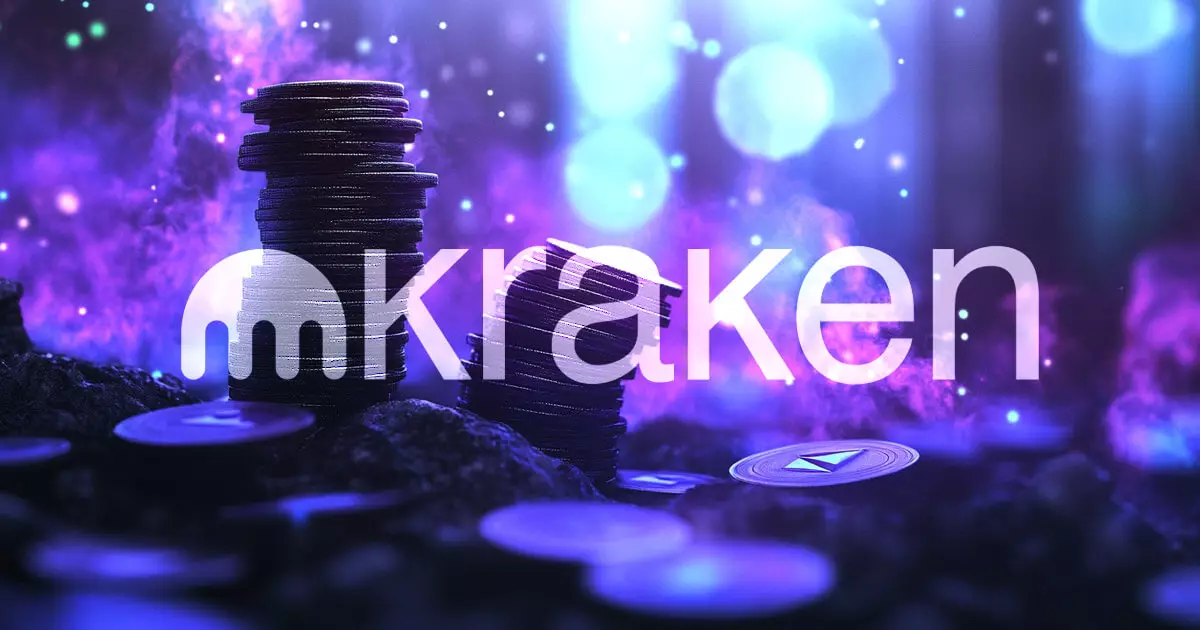Kraken, a prominent player in the cryptocurrency exchange landscape, has made headlines with its recent announcement of a revamped onchain staking product for U.S. clients. This launch signifies a crucial reintegration of staking services in selected states following significant regulatory challenges. With a product available to users in 37 states and two U.S. territories, Kraken aims to empower its clientele by enabling them to stake popular digital assets like Ethereum, Solana, Polkadot, and Cardano. This move aligns with Kraken’s ongoing commitment to provide a suite of services akin to those available in its international operations.
The resurgence of Kraken’s staking service comes nearly a year after the company found itself embroiled in legal matters with the Securities and Exchange Commission (SEC). After being fined $30 million for failing to register its previous staking model, Kraken temporarily suspended these services for U.S. customers. This history of regulatory entanglement necessitated a strategy that emphasized compliance and consumer protection. Kraken’s new offering marks a significant pivot; by adopting a different operational model that relies on validators to process transactions and secure networks, the company seems to have crafted an approach designed to meet regulatory expectations.
In addressing the needs of its users, Kraken’s latest staking service is designed to not only offer competitive features but also ensure transparency. By delegating staked assets to trusted validators, Kraken intends to streamline the reward distribution process, transferring benefits to users after deducting applicable fees. This structure diverges from the company’s past practices, suggesting a learned lesson from its regulatory challenges. Mark Greenberg, Kraken’s global head of consumer, articulated the optimism surrounding this launch, framing it as a transformative moment not just for Kraken but for the broader crypto ecosystem in the United States.
As staking continues to gain traction within the cryptocurrency community, it’s apparent that regulatory scrutiny will continue to play a crucial role in shaping the landscape of staking services in the U.S. Kraken’s return with a compliant service resonantly reflects the company’s adaptability to regulations while still prioritizing user engagement. The various risks associated with staking, from slashing penalties to asset depreciation, serve as a reminder that participants must remain vigilant and informed about the implications of their investments.
Kraken’s new onchain staking product exemplifies a strategic response to previous setbacks, showcasing a commitment to regulatory adherence while re-establishing its foothold in the U.S. market. By balancing compliance measures with an innovative approach to staking, Kraken has positioned itself to regain trust among its users and enhance its competitive edge. As the proof-of-stake model maintains its relevance in the crypto industry, Kraken’s efforts could play a pivotal role in shaping the future of staking, marking a significant chapter in the ongoing evolution of cryptocurrency services in the United States.
















Leave a Reply